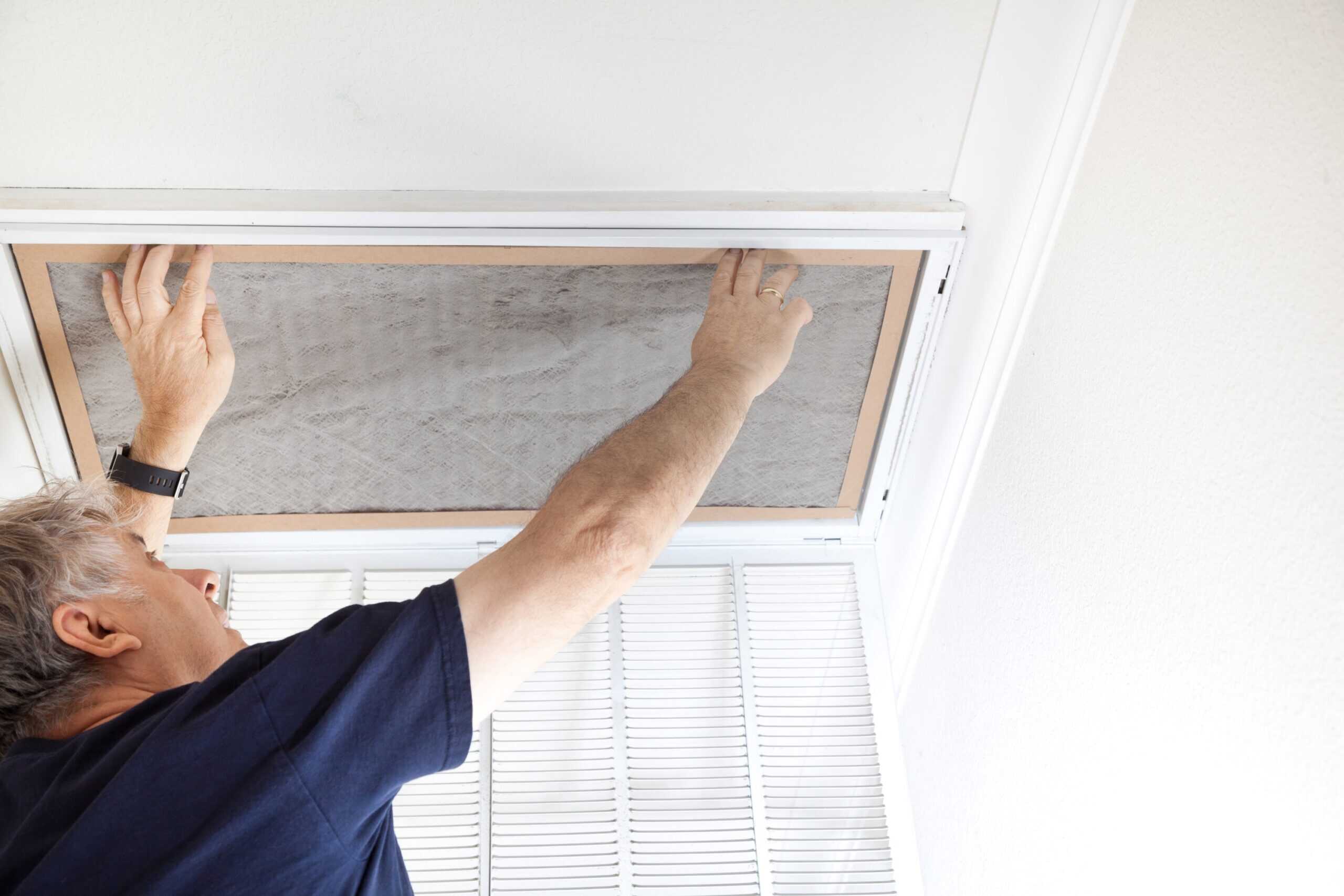
The filter for your HVAC system plays an important role in protecting your equipment, promoting healthy indoor air quality, and ensuring system efficiency. That’s why routine filter changes are a critical part of regular HVAC maintenance.
In this article, the HVAC experts at Clay’s Climate Control cover how to locate your HVAC filter, along with tips for identifying filter size and an overview of the importance of frequent changes.
Common Air Filter Locations

The location of the air filter in your South Jersey home will vary depending on what type of HVAC system you have. Follow this guide:
- Central AC: The filter for your central air is usually in the return duct in the wall or ceiling’s return vent.
- Furnace: To find your furnace filter, look in the blower compartment or in a filter slot located where the return duct meets your furnace.
- Ductless mini-split: Filters for these systems are located inside the indoor air units that are mounted to your walls. They can be accessed through the front panel and may be a washable mesh screen instead of a disposable filter.
Tips for Identifying Your Filter Size
When changing your filter, it’s important to purchase a replacement that is the proper size. There are a few ways you can determine this:
- Check the existing filter. It will often have the size printed on the frame.
- Measure the length, width, and thickness of your current filter and round up to the nearest whole inch.
- Check the HVAC manual or manufacturer label for recommended filter sizes.
Why Changing Filters Matters
HVAC experts tend to recommend filter changes at least every three months and up to every month for those who have allergies, asthma, or several pets. This is an important part of heating and cooling maintenance, as dirty filters can lead to a wide range of issues, including:
- System malfunctions: Dirty air filters will restrict airflow to your system and can cause it to overheat, freeze up, or cycle improperly.
- Shorter lifespans: Dust and debris buildup will cause your system to work harder than it has to, causing extra wear and tear and shortening its lifespan.
- Reduced comfort: An HVAC system without proper airflow will create hot and cold spots throughout your home that negatively impact your comfort.
- Increased energy bills: Dirty filters can cause energy bills to skyrocket as your system works longer or harder to keep your home at the ideal temperature.
- Health issues: Continuing to use dirty air filters allows your HVAC system to recirculate dust and allergens that can cause respiratory issues.
Call Clay’s for Top-Rated HVAC Services in South Jersey
Schedule your next HVAC maintenance service in New Jersey with the team at Clay’s Climate Control. Our team of prompt and professional technicians is proud to offer comprehensive care for central AC systems, boilers, heat pumps, furnaces, and more to ensure your equipment is working properly.
Book your HVAC maintenance services today by calling Clay’s Climate Control in South Jersey.
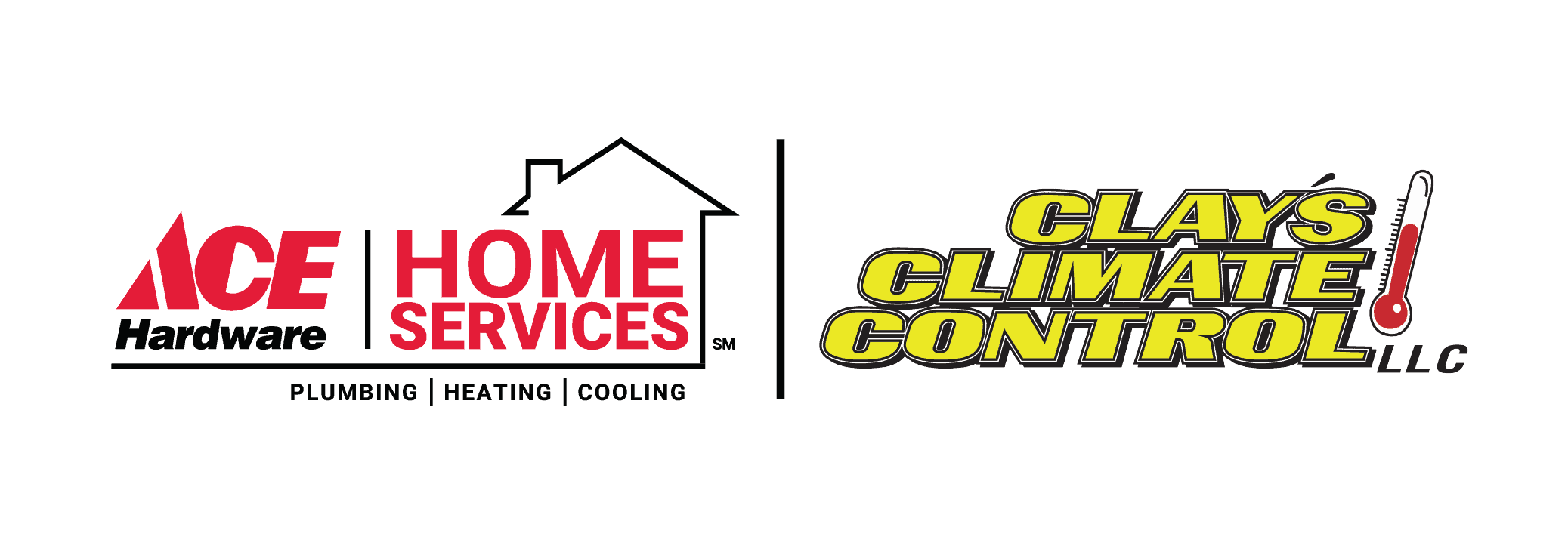
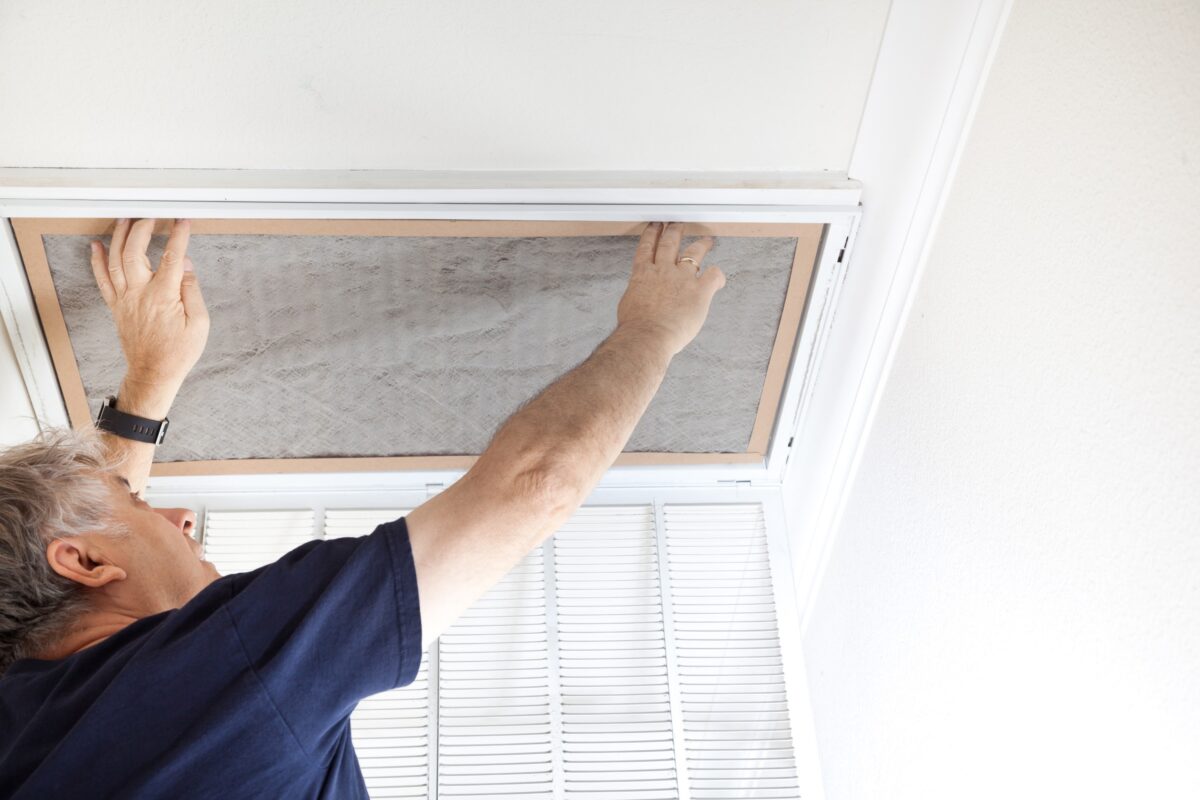
 As we spend a significant time indoors, the quality of the air we breathe becomes increasingly important. This is especially true in our homes. One often overlooked factor is humidity control. Maintaining optimal indoor humidity levels can significantly impact your overall well-being, comfort, and the health of your home.
As we spend a significant time indoors, the quality of the air we breathe becomes increasingly important. This is especially true in our homes. One often overlooked factor is humidity control. Maintaining optimal indoor humidity levels can significantly impact your overall well-being, comfort, and the health of your home. Have you ever noticed feeling stuffy or congested after spending time indoors? You’re not alone. Indoor air quality can be surprisingly poor, often worse than outdoor air. Here at Clay’s Climate Control, we’re dedicated to creating healthy and comfortable homes for our clients. That’s why we offer a variety of indoor air quality solutions, including air purifiers and cleaners.
Have you ever noticed feeling stuffy or congested after spending time indoors? You’re not alone. Indoor air quality can be surprisingly poor, often worse than outdoor air. Here at Clay’s Climate Control, we’re dedicated to creating healthy and comfortable homes for our clients. That’s why we offer a variety of indoor air quality solutions, including air purifiers and cleaners. As homeowners, we strive to create a comfortable and healthy haven within our four walls. Yet, often overlooked is the very air we breathe inside. Indoor air quality (IAQ) can be significantly compromised by various pollutants, impacting our well-being and comfort. This is where air purifiers come in, offering a powerful solution to enhance IAQ and improve your home environment.
As homeowners, we strive to create a comfortable and healthy haven within our four walls. Yet, often overlooked is the very air we breathe inside. Indoor air quality (IAQ) can be significantly compromised by various pollutants, impacting our well-being and comfort. This is where air purifiers come in, offering a powerful solution to enhance IAQ and improve your home environment. As the seasons change and the autumn air begins to settle in, it’s time to start thinking about preparing your home for the upcoming fall season. While you may be focused on other household tasks, there’s another important aspect of fall that deserves your attention: allergies. Fall allergies can be a real nuisance for many people, and one of the most effective ways to combat them is by ensuring your HVAC system is equipped to filter out allergens. Below, we’ll explore why you should replace your HVAC air filters before fall allergies hit and how it can significantly improve indoor air quality.
As the seasons change and the autumn air begins to settle in, it’s time to start thinking about preparing your home for the upcoming fall season. While you may be focused on other household tasks, there’s another important aspect of fall that deserves your attention: allergies. Fall allergies can be a real nuisance for many people, and one of the most effective ways to combat them is by ensuring your HVAC system is equipped to filter out allergens. Below, we’ll explore why you should replace your HVAC air filters before fall allergies hit and how it can significantly improve indoor air quality.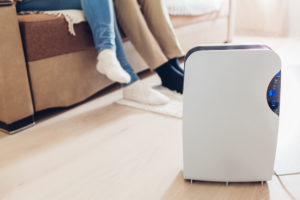 Cleaning your indoor air is not as simple as it may sound. Within your home,
Cleaning your indoor air is not as simple as it may sound. Within your home, 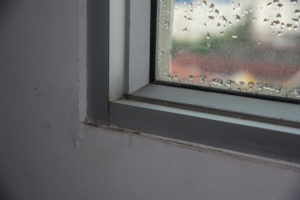 No matter what type of climate you live in, both your home and your health can be affected by poor indoor humidity levels. The effects of having too much or too little humidity inside can be rather uncomfortable and even damage some parts of your home. That is why we’re here today to help you achieve the perfect level of humidity for ultimate
No matter what type of climate you live in, both your home and your health can be affected by poor indoor humidity levels. The effects of having too much or too little humidity inside can be rather uncomfortable and even damage some parts of your home. That is why we’re here today to help you achieve the perfect level of humidity for ultimate 
 As the weather gets colder, most of us will retreat into our warm homes and spend the winter under layers of clothes and blankets. Although it may seem like we are keeping ourselves safe by avoiding the inclement weather outside, the air inside our homes can actually be two to five times more polluted than outdoor air. If your indoor air quality is riddled with pollutants, it can cause irritation, headaches, dizziness, fatigue, and more. If you are looking to protect your health this winter, keep reading for our expert tips on how to
As the weather gets colder, most of us will retreat into our warm homes and spend the winter under layers of clothes and blankets. Although it may seem like we are keeping ourselves safe by avoiding the inclement weather outside, the air inside our homes can actually be two to five times more polluted than outdoor air. If your indoor air quality is riddled with pollutants, it can cause irritation, headaches, dizziness, fatigue, and more. If you are looking to protect your health this winter, keep reading for our expert tips on how to 